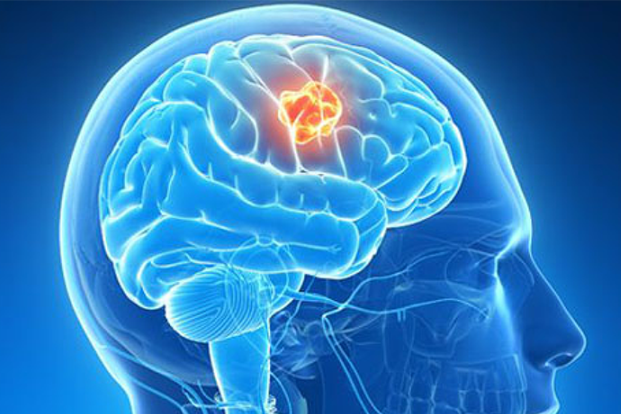Categories
- Bariatric Surgery (11)
- Black Fungus (5)
- Bone Marrow transplant (3)
- Brain Tumor Surgery Navigation Technology (20)
- Cardiac Surgery (66)
- Cardiology (97)
- Computer navigation technology for joint replacements (20)
- Covid Vaccination (17)
- Critical Care (2)
- Dental (19)
- Dermatology (31)
- Dialysis Support Group - “UTSAAH” (11)
- Dietitian (33)
- Emergency Medicine (4)
- Emotional Health (11)
- Endocrinology (33)
- ENT (20)
- Gastroenterology and GI Surgery (53)
- General and Laparoscopic Surgery (21)
- General Surgery (4)
- Gynecology & Obstetrics (183)
- Hematology (20)
- Internal Medicine (294)
- Kidney Transplant (50)
- Kidney Transplantation (20)
- Lung Cancer (8)
- Minimal Invasive Surgery (1)
- Mother & Child (20)
- mucormycosis (5)
- Nephrology (61)
- Neurology (147)
- Neurosurgery (68)
- Nutrition and Dietetics (107)
- Omicron Variant (1)
- Oncology (288)
- Ophthalmology (10)
- Orthopaedics & Joint Replacement (86)
- Paediatrics (59)
- Pediatric Nephrology (3)
- Physiotherapy (5)
- Plastic & Reconstructive Surgery (6)
- Psychiatry and Psychology (90)
- Psychologist (28)
- Pulmonology (72)
- Rheumatology (13)
- Spine Services (21)
- Transradial Angioplasty (16)
- Urology (84)
Query Form
Posted on Apr 19, 2022
Know all about Parkinson’s Disease
Parkinson’s disease is the most common adult-onset movement disorder. Genetic testing may tell you that you have an increased risk of developing Parkinson’s disease. It can also be defined as a neurological condition that includes the onset of tremors. Unfortunately, there is no definite cure for the disease and the same has to be managed by medications. Parkinson is the 2nd most common neurodegenerative disorder that causes a progressive deterioration of motor function due to a loss in dopamine-producing brain cells. Moreover, this condition can significantly cause a reduction in the movements.

Parkinson ’s Disease:
- Dopamine deficiency causes Parkinson’s features which include slow movement, the rigidity of the muscles, tremor, and gait problems.
- Other features may include changes in the ability to smell, cognitive and psychiatric symptoms, sleep disorders, pain, and fatigue.
- It is a chronic and progressive movement disorder.
- About 1-2% of all people will develop Parkinson’s disease in their lifetimes.
- The average age of onset for the most common type is age 60
Parkinson’s disease was previously thought to be caused mainly by environmental factors, but research now indicates that in most cases, the disease develops from a complicated interplay of genetics and environment.
Factors observed to increase or decrease Parkinson’s Disease risk include:
- History of head trauma
- Exposures to certain chemicals and infectious agents
- Caffeine use
- Exercise
- Ethnicity
- The family history of the disease
- Genetic risk factors
How to manage Parkinson’s Disease (PD)?
Medicines- The mainstay of treatment of PD is medications. Various medications are available. These include levodopa/carbidopa combination (which provide direct dopamine to the brain); ropinirole & pramipexole (which increase the action of dopamine); trihexyphenidyl, amantadine, entacapone, etc. The choice of drug depends on the patient’s symptoms as well as the severity & duration of PD.
Your neurologist is the best person to decide the most appropriate medications and their doses.



